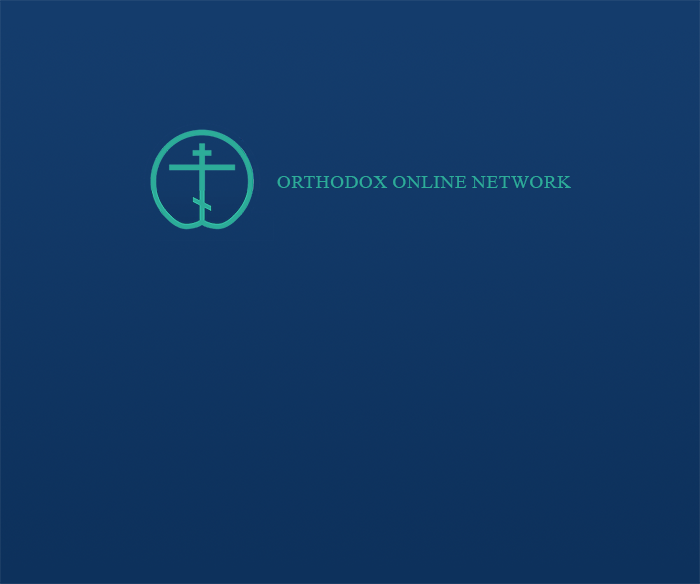Jesus said: “All that is written about me in the Law of Moses, the Prophets, and the Psalms must be fulfilled” (Luke 24:44). The Psalms are a book of the Bible that contains one hundred and fifty songs, most of which are attributed to King David, and are located after the Prophets and before the Book of Job. The Psalms were composed in poetry, each verse containing two or three parts (this is noted in the Arabic translation). The Psalms were a collection of poetry of great beauty, prophetic flavor, and spiritual depth, which made it transcend time and remain unchangeable. It has preserved its beauty and its impact on people in all translations and all languages.
The word psalm is a translation of the Greek word “psalmos,” which means a hymn accompanied by playing an ancient musical instrument called “psalterion,” which resembles a flute.
The main subject of the psalms is praising God, but there are psalms of thanksgiving, supplication, regret, and lamentation. We also find psalms that contain a degree of teaching and guidance, and psalms that are nothing but cries of despair and pain in captivity, dangers, humiliation, and death. The Psalms are also prayers, confessions, offerings, songs of trust and hope.
The Psalms were the prayer of the people before Christ, and Jesus himself prayed with the Psalms. Christians have been reading prophecies since the early church. We still read it in our prayers because we find in it the mystery of Christ and the Church. The Orthodox Church uses the text of the Old Testament, known as the Septuagint, from which the translation into Arabic came. The Septuagint, a translation of the Hebrew text into Greek, was carried out by about seventy sheikhs between the third century and the second century before Christ in Alexandria, because the Jews there had forgotten the Hebrew language and no longer mastered anything other than the prevailing Greek language.
In the Gospels, Jesus mentions the Psalms many times, for example in the Gospel of John 13:18, “He who eats with me in the open house has lifted up his heel against me” (Psalm 41:10), and also in Matthew 21:21, “The stone that the builders rejected has become the head of the corner” (from the Psalm 177: 22-23). The Psalms also appear in the Gospels to confirm that the prophecies contained in them were fulfilled, especially in the Gospels of Passion: “And they offered him wine” (Psalm 21:19), and also: “My God, my God, why have you forsaken me” (Psalm 21:2). On the cross, Jesus shouts at the last moment: “Into your hands I commit my spirit” (Psalm 30:6). Thus, the Psalms take on a new spiritual power. When we recite them, we pray with Jesus and praise him until his second coming.
The Psalms have been part of church rituals since ancient times, at dawn, sunset, bedtime prayer, and the Divine Liturgy, especially in the hours. There are psalms that we sing on holidays: Psalm 110 at Christmas, the 114th at the Divine Apparition, the 68th at Easter, and the 24th at the Ascension. The Psalms are the rhythm of the hours, days, and weeks. The Psalms are the rhythm of the lives of worshippers.
The Psalms are traditionally divided into five sections. St. Gregory of Nyssa said their themes are spiritually progressive:
1. - Psalms 1 to 40 call on us to abandon lying and foolishness and direct our lives towards God.
2. - Psalms 41 to 71 speak of man who, as he begins to taste the sweetness of God, longs for His presence and eagerly drinks from the divine spring.
3. - Psalms 72 to 88 talk about the person who lives in fellowship with God. This one understands the depth of beings and rises above what is earthly.
4. - Psalms 89 to 105, in which the Prophet implores God to send His mercy to humanity.
5. - Psalms 106 to 150 From the summit of the ascension towards God, he contemplates sincerity.
The Psalms have been included in all Christian rituals. We read them in prayers and Mass, as we mentioned. We take verses from them and recite them before the messages, or we chant them alternating with parts, as at sunset, where we chant: “O Lord, to you I have cried...” (that is, Psalm 140), and at dawn we chant: “All Breath, praise the Lord...” (Psalm 148), and sometimes we find the meanings of the psalms in the pieces that we sing.
My parish bulletin
Sunday, May 12, 1996
Issue 19

